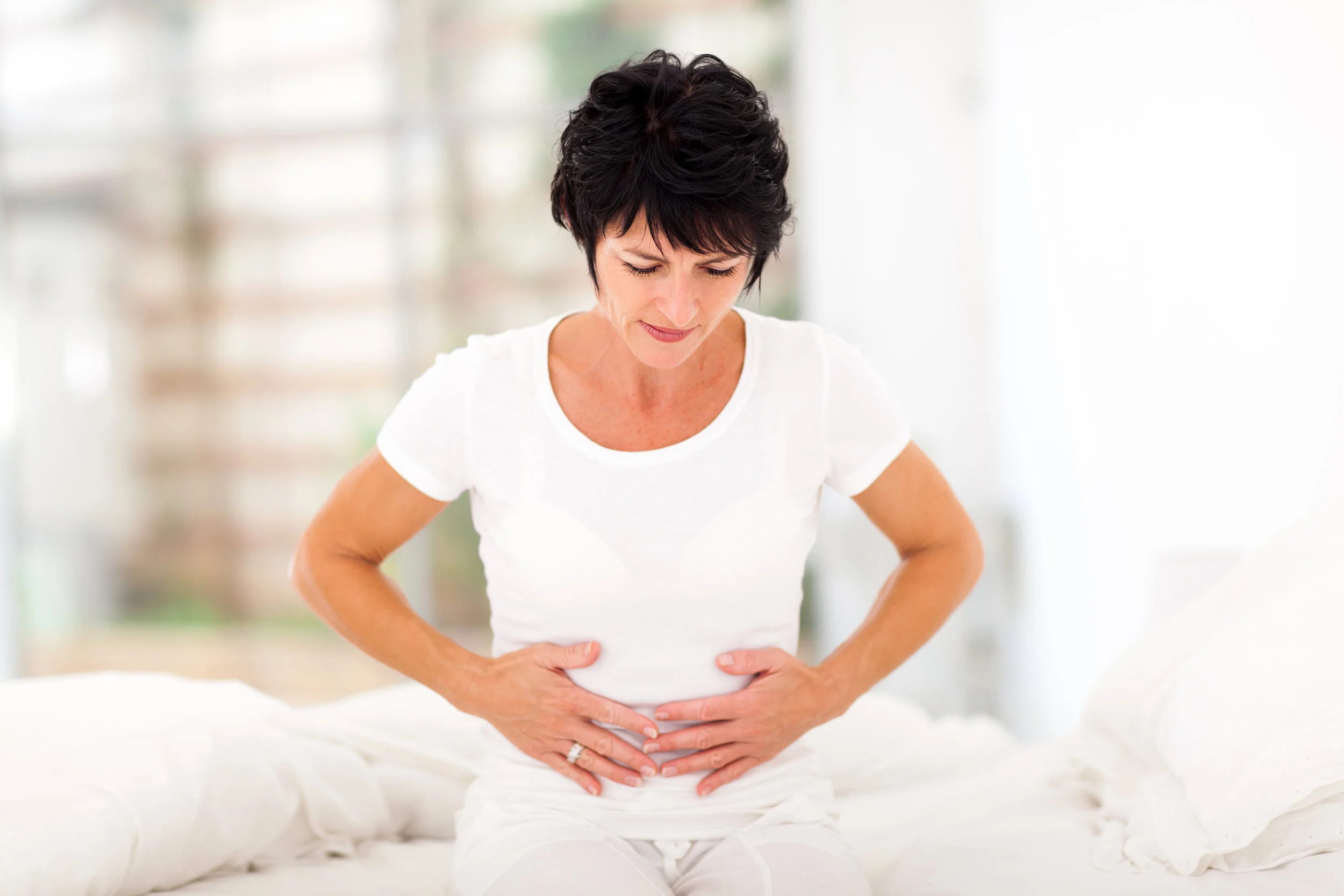Poo is an everyday, (at least should be), bodily function that most people would prefer not talking about.
Many of the people I work with are dealing with constipation. In fact, this silent epidemic has led to more than 6 million doctor visits, 700,000 emergency room visits, and costs billions of dollars in health care costs.
Many things can affect the balance of stool content, including diet, medications, supplements, emotions, addiction to laxatives, and the presence of a GI disease or disorder such as celiac disease, diverticulosis IBS (Irritable Bowel Syndrome),
Let’s define what constipation is:
Straining, lumpy, hard stools, the sensation of incomplete evacuation, sense of obstruction, feeling like you need to “poop a brick”, oddly shaped and very hard poo, manual maneuver needed in order to have a BM, and fewer than three defections per week.
If you have two or more of the above symptoms, you meet the diagnostic criteria used by physicians to diagnose constipation in the United States.
I find the Bristol Stool Chart (shown below) to be the most useful tool developed for assessing the texture and shape of your stool. On a scale of 1-7, you rate your stool on how solid or liquid it is. For instance, small, hard lumps that are difficult to pass would be a 1, and entirely liquid would be a 7. On this scale, 1-2 could signify constipation, 3-4 are healthy stools, 5-6 are diarrhea and 7 is severe diarrhea. Most days, you want to be a 3 or 4.
Here are a some helpful suggestions to help eliminate (no pun intended) constipation:
Avoid processed foods, lots of dairy, heavy meats and especially processed meats which are high in fat and sugar, difficult to digest and have little or no fiber.
Include more fiber in your diet each day. The American Heart Association recommends eating 30 grams of fiber each day, but the average American eats approximately 15 grams each day.
Remove gluten, artificial sweetener, sugar and caffeine. These items tend to dehydrate your body, robbing the colon of the water it needs to create and pass healthy stools.
Regular exercise can also help reduce constipation. Physical movement helps to increase the motility in your digestive tract and can stimulate the urge to have a bowel movement.
Don’t “put off pooping”. When you feel the urge to have a bowel movement, GO! The longer the stool sits in your colon, the more water is removed and the more difficult it is to pass.
Consider using a foot stool to get into a squatting position to have a bowel movement. This will strengthen the muscles around your rectum and encourages a complete emptying of your bowel without straining.
Stay well hydrated with clean, pure water.
Avoid pharmaceutical drugs that change the speed of your bowel function or can cause GI disruptions, such as opiate pain medications, antidepressants, antibiotics, antacids and laxatives.
Addressing emotions can also be very helpful. I offer a variety of techniques in order to help address emotional imbalances that can be impacting, not just elimination, but every function of the body.
If the above suggestions are not providing enough relief, please consider coming in to have the body chemistry testing completed. This will help provide more comprehensive information like are you producing enough stomach acid, is bile flowing, are there issues with water flow, and is there adequate amount of intestinal flora.
In closing, I have one question for you:
Do you know why constipated people can be so rude?
Because they just don’t give a crap! 😁
Tracie L. Yautz is the founder and owner of Divine Health Naturally Wholistic Wellness Center. She is a compassionate naturopath, medical intuitive, certified health coach and emotional restoration facilitator. Her professional training and certifications include Trinity College of Natural Health, Digestive Health Specialist through the Loomis Institute of Enzyme Nutrition, Nutritional Microscopy, and Certified Natural Health Professional. She also has training in herbology, nutrition, reflexology, iridology, flower essences, aromatherapy and biological terrain therapy.
Tracie has extensive experience helping others ignite their vital spark – physically, spiritually and emotionally. She is humbled by seeing those in her care regain wholeness from physical and emotional concerns including emotional trauma, digestive issues, skin ailments, and weight issues, as well as adrenal and thyroid imbalances.
For an appointment, please call:
724.355.9049

